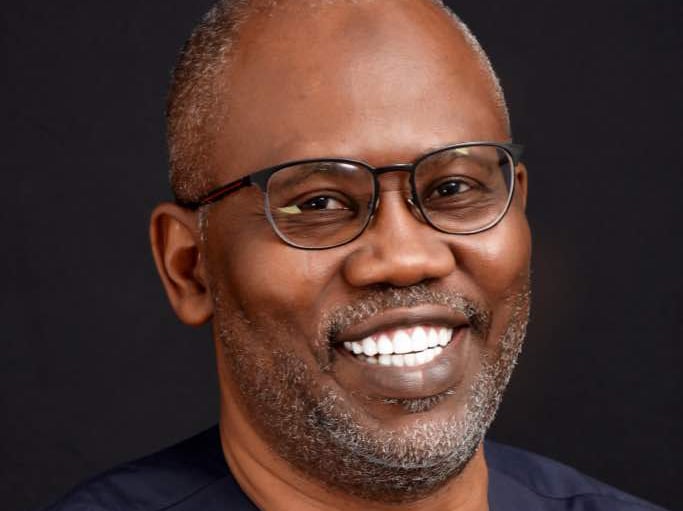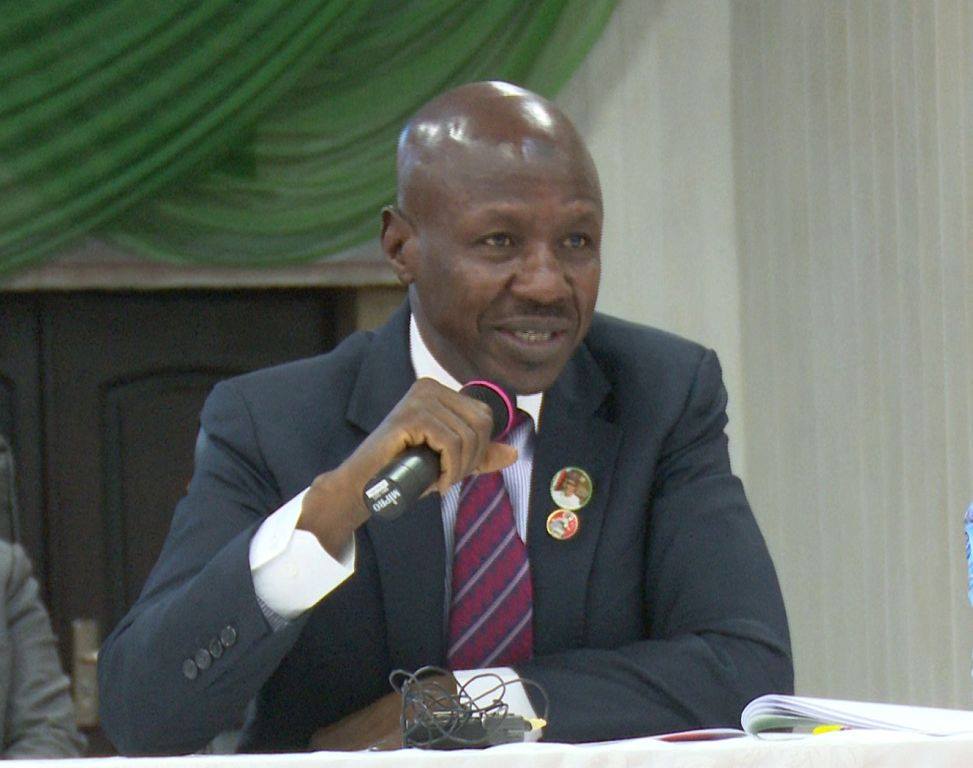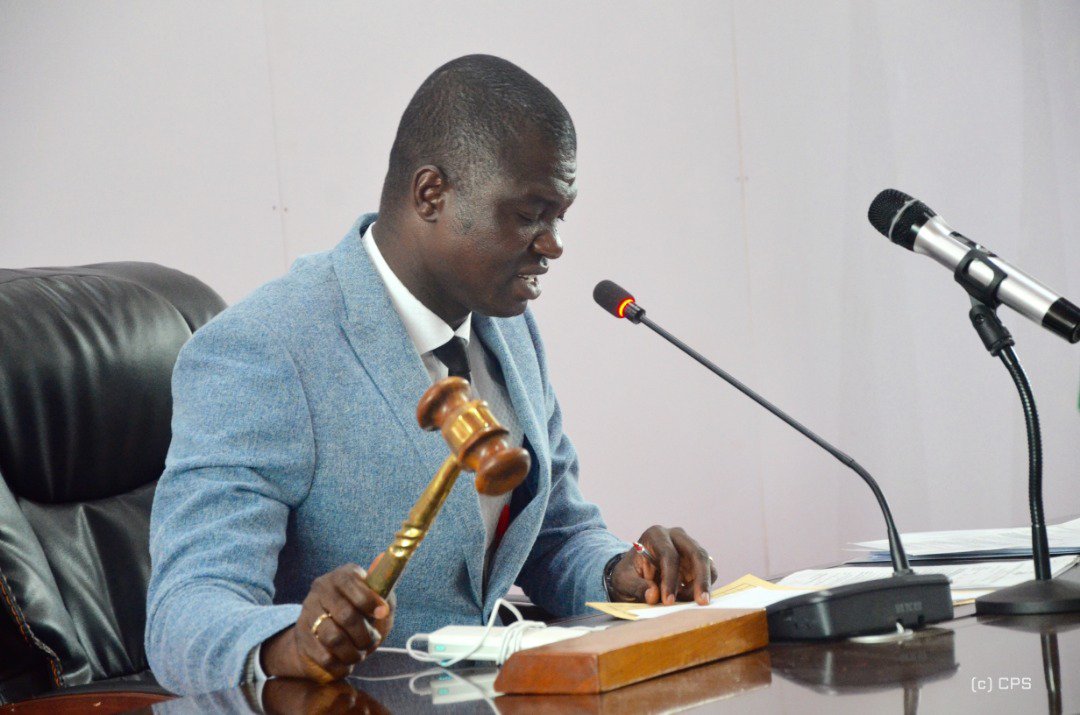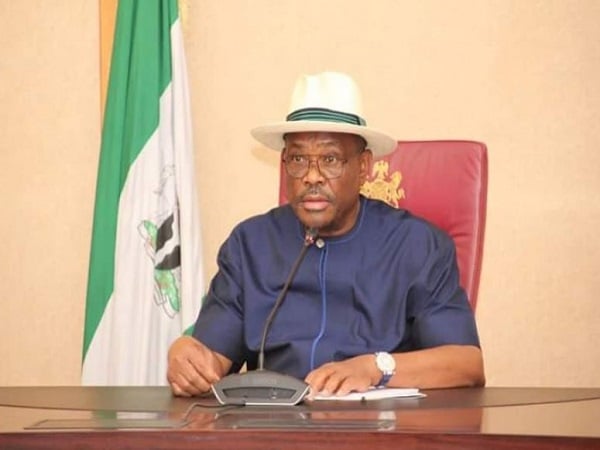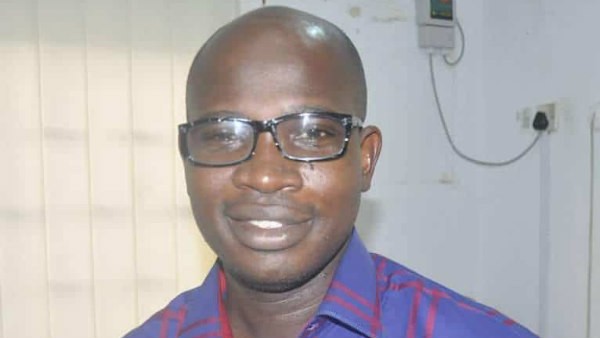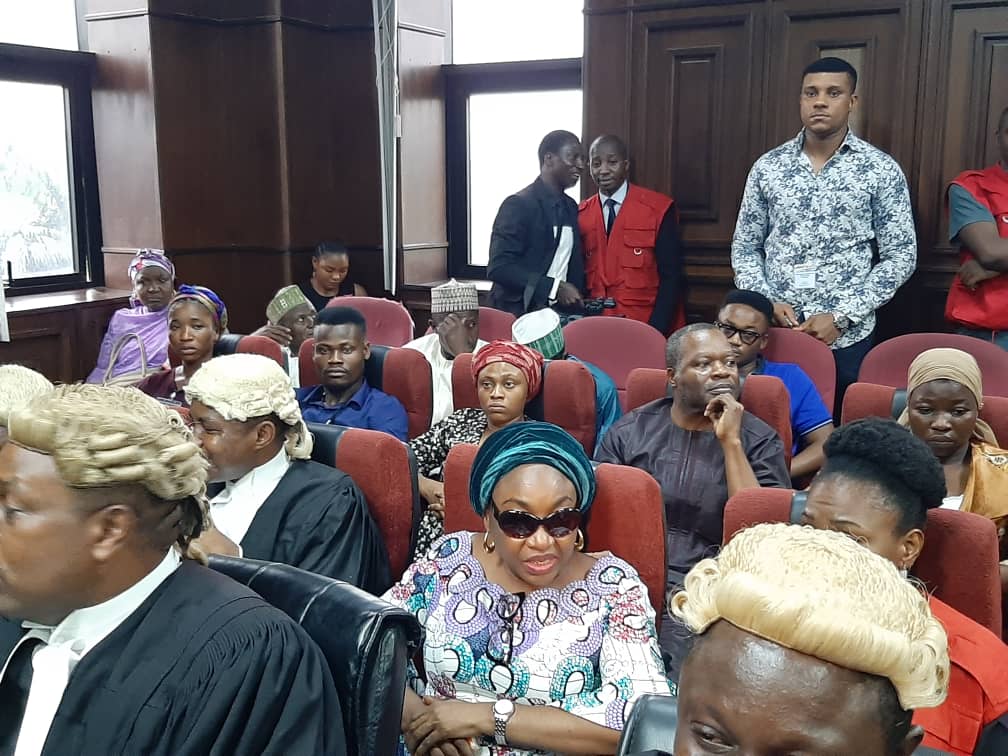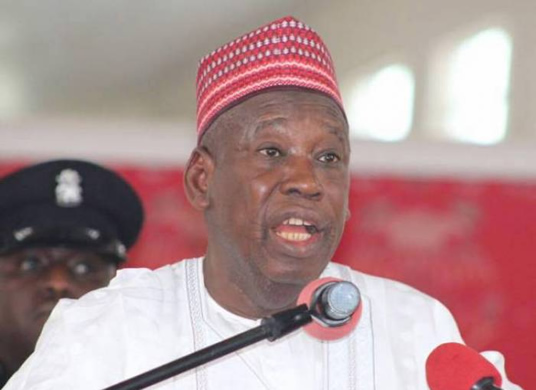The key evidence in the trial of Mohammed Bello Adoke, Nigeria’s former attorney-general, by the Economic and Financial Crimes Commission (EFCC) has been presented to an Italian court by the prosecutor, a coalition of oil transparency campaigners said on Sunday.
The Human and Environmental Development Agenda (HEDA), Re-Common, Cornerhouse and Global Witness — the coalition of campaigners working on the OPL 245 affair — said contrary to media reports, the evidence that the transaction traced to Adoke’s account was indeed a mortgage is now before the court trying Shell and ENI for alleged corporate corruption.
The EFCC had charged Adoke to court in Nigeria, accusing him of collecting N300 million bribe in the OPL 245 transaction but the former minister of justice has always maintained that the money traced to his bank account was a failed mortgage transaction.
According to Adoke, he had secured a N300 million mortgage from Unity Bank in 2011 which was transferred to Carlin International Nigeria Ltd, owned by Aliyu Abubakar, the property developer.
Advertisement
But when he could not come up with his equity contribution of N200 million for the property valued at N500 million, Abubakar refunded the N300 million in 2012 and took back the property located at No. 271, Cadastral Zone A06 Maitama, Abuja, which he later sold to the Central Bank of Nigeria (CBN).
In Italy, where Adoke is not on trial, the prosecution witness, Ferri Alessandro, told the court that there was a letter of offer to the former attorney-general to buy the property and there was a deposit of N300 million from the bank into his account which was transferred to Carlin International.
He also said judging by the entries and exits from the account between February 15, 2012 and October 17, 2013, the sum of roughly N300 million was returned to Adoke’s account through two bureaux de change and several cash deposits in 2013.
Advertisement
The mortgage account was closed after the money was refunded to the bank, along with interest payments.
However, Alessandro appeared to suggest that the property still remained in Adoke’s possession, although TheCable confirmed that it was sold to the CBN by Abubakar in 2013.
Meanwhile, the EFCC charged Adoke to court in Abuja in January 2020, alleging that the N300 million payment into his account by Abubakar was a bribe.
Abubakar is on trial in Italy, accused of distributing bribes to Nigerian politicians in the OPL 245 deal.
Advertisement
In the statement signed by Antonio Tricario, (Re-Common), Nicholas Hidyard ( Cornerhouse) Simon Taylor (Global Witness) and HEDA chairman, Olanrewaju Suraju, the coalition said a report “misleadingly focuses on a few minutes in one hearing nearly 18 months ago to allege that the Prosecutor hid key facts relating to Mr Adoke’s mortgage.
“In fact, the Prosecutor has been entirely candid. Evidence relating to mortgage repayments was included in the Prosecutor’s file submitted to the Court when the trial opened and additional evidence has been filed during the trial.”
They said that most recently, on 29 October 2019, the prosecutor submitted extensive documentation received through a Mutual Legal Assistance request to Nigeria.
“It is our understanding that this included (inter alia) full details of money flows into and out of Mr Adoke’s account at Unity Bank, the internal Unity Bank documentation relating to the mortgage and property records relating to Plot no 3271 Cadastral Zone 06, Maitama, Abuja,” the coalition said.
Advertisement
The groups said it was sub-judicial for a section of the media to attempt a verdict while the judicial process is yet to run its full course.
They criticised what they called “attempts to rubbish the Economic and Financial Crimes Commission, (EFCC), which launched investigation into the crime”.
Advertisement
Add a comment
